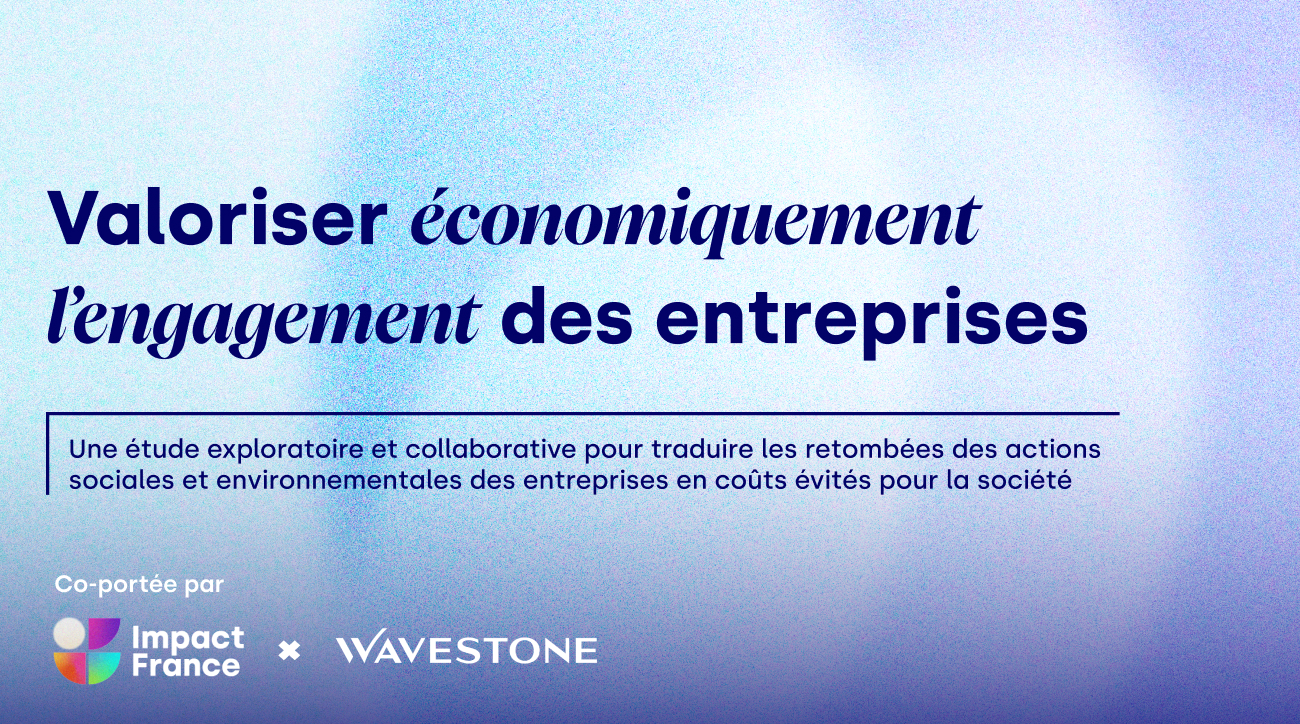Tech for Good in the age of artificial intelligence
%20(1).jpg)
%20(1).jpg)
.jpg)
"As Tech For Good France, we believe that technology can be a positive force for the world. We are particularly interested in generative Artificial Intelligence (AI), a technology that can create surprising and unpredictable results, but also solve complex problems in creative ways."
As you've probably guessed, this editorial introduction was written by ChatGPT - OpenAI's generative and conversational Artificial Intelligence. When I was asked to write this introduction, I figured I could save a little time, but this ChatGPT-ception deserves a little human intelligence. ChatGPT, my new Godwin point of 95% of my conversations for the past 3 months.
As a good geek and Data Scientist, inspired by pop culture and Iron Man's assistant, 20 years ago I developed my first AIs to create video games, and 10 years ago my personal conversational assistant soberly named Alan (in reference to Alan Turing, one of the founding fathers of AI) that allowed me to control my computer and recommend music. So I can't help but be amazed and fascinated by the recent advances in AI.
At the same time, 8 years ago, I was giving my first conferences on the risks and pitfalls of generative AIs (AIs like ChatGPT that generate text, image, sound or video content) to business leaders: generation of fake news and identity theft, attribution of copyrights, energy consumption. And strangely, the content of this conference has not aged a bit, the messages are exactly the same. The examples are more recent and more impressive, but it is mainly the reactions that have changed. I was often told: "yes, but apart from reproducing works of art, I don't see how it will change the economy" - and as professionals in the field we convinced ourselves that it would remain a few marginal applications for the nerdy communities of Hackernews and Reddit.
The (unprecedented) speed at which ChatGPT's user base has surpassed one million has clearly proven otherwise and ushered in a new era for this technology. The era of invisibilization. UX designers at Google and Apple have been saying this for a long time:
the grail of tech is not to highlight it, it's to make it invisible for the over-technologized users.
So natural and personalized that it becomes imperceptible. Damasio's techno-cocon on steroids.
Except that of course, democratizing high tech and at the same time making it invisible hides many deleterious and exponentially accelerating socio-environmental impacts. We forget what happens in the background when we use these technologies without realizing it. The negative impacts are multiple and can be summarized in 12 parts:
Tech startups are already flourishing to imagine new and superfluous uses accelerated by these technologies and raise the question of compatibility with the impact economy. As Tech For Good France, we will have to deal with this, question it a lot, often renounce it, represent other imaginary social and technological innovations that are sober and fair, and defend this position in the ecosystem. Towards a Hippocratic oath for generative AI?
To disentangle the true from the false, to remain at the forefront of the tech ecosystem while questioning the limits of technological innovations, the Tech for Good France community invites you to meet on April 4th at Morning Monceau!

